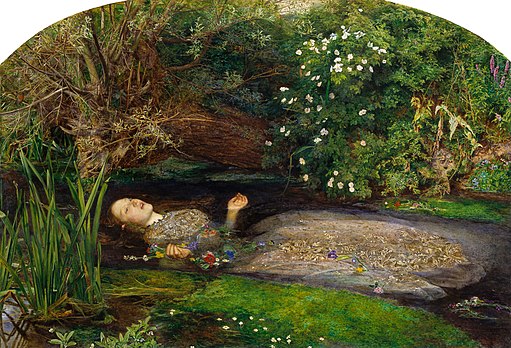Human Evolution: A Pelican Introduction by Robin Dunbar
came into my hands as a Goodreads Giveaway! At about the same time I got another gem: Revolutionary Russia, 1891-1991: A Pelican Introduction (Pelican Books) by Orlando Figes.
Both these books should grace all bookshelves, being among those books which, with relative ease, painlessly and pleasurably educate the reader. Any given adult or child should reasonably expect to find a book on any subject of interest that is well written and fairly informative.
Just as the latter book, which I read first, leads the reader through the turbulent times of the Russian Revolution without too many bumps along the way, Dunbar's book covers much trudging by those who might well be our personal ancestors. Dusty though these journeys through time may be, neither author waxs dry nor high on the specific subject.
And neither shall I run that risk in this review. So, let's hear it from the Robin's mouth and I, for one, shall quit horsing around.
Dunbar's writing sparkles here and there with a little smile and that instantly dimples through a topic like evolution! Thus, it is not surprising to find that he has his hand in stuff that is more likely to appeal to wider sections.
Written with enchanting simplicity, elegance and a touch of humour, many books in the Pelican Library will lead you through our collective journeys.
Meanwhile, here's another book by Dunbar that I want to read soon.
came into my hands as a Goodreads Giveaway! At about the same time I got another gem: Revolutionary Russia, 1891-1991: A Pelican Introduction (Pelican Books) by Orlando Figes.
Both these books should grace all bookshelves, being among those books which, with relative ease, painlessly and pleasurably educate the reader. Any given adult or child should reasonably expect to find a book on any subject of interest that is well written and fairly informative.
Just as the latter book, which I read first, leads the reader through the turbulent times of the Russian Revolution without too many bumps along the way, Dunbar's book covers much trudging by those who might well be our personal ancestors. Dusty though these journeys through time may be, neither author waxs dry nor high on the specific subject.
And neither shall I run that risk in this review. So, let's hear it from the Robin's mouth and I, for one, shall quit horsing around.
Written with enchanting simplicity, elegance and a touch of humour, many books in the Pelican Library will lead you through our collective journeys.
Meanwhile, here's another book by Dunbar that I want to read soon.




























